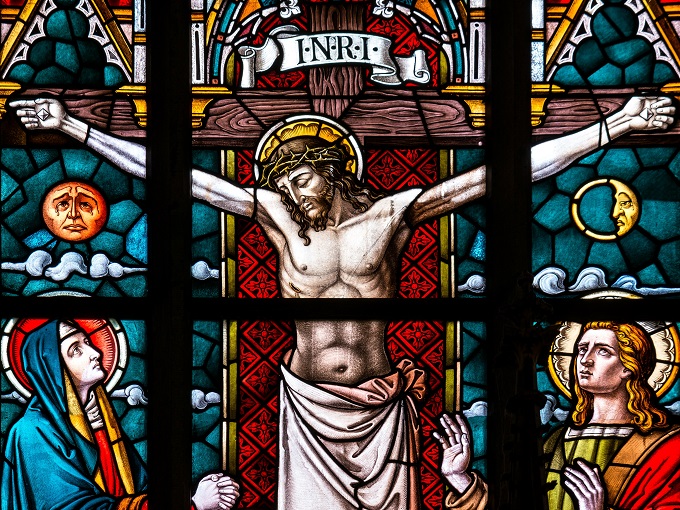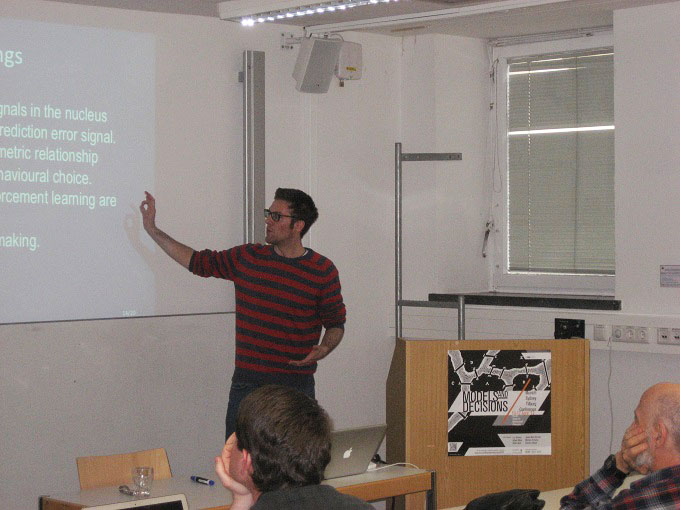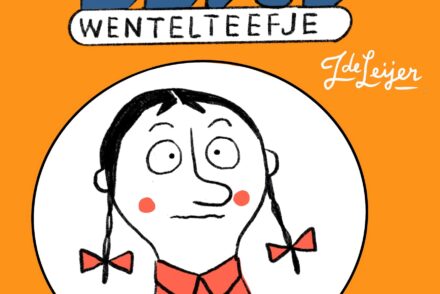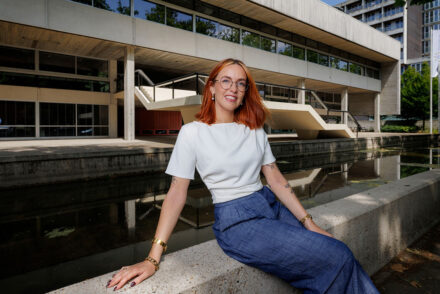Why Catholic values are not (entirely) at odds with the rainbow flag
Before the summer, a discussion arose about Tilburg University’s alleged ambition to shed its ‘Catholic identity’. This was prompted by an article in the Brabants Dagblad, in which Rector Wim van de Donk and others spoke. Is the university’s Catholic identity incompatible with modern times? Or is there more overlap than was thought?

Soon the ins and outs turned out to be different. There was no renewed embrace of Catholicism by the university. Nevertheless, the story did stir up some controversy. Are Catholic values compatible with the values of inclusiveness and diversity that the university embraces? And how does Catholicism relate to academic values? To find out more, Univers spoke with philosopher of science Matteo Colombo.
“There are two ways of looking at this discussion,” says Colombo. “At the principle and at the practice. In principle, a value like inclusiveness is a very Catholic value. But also if you think about values like forgiveness, justice, and generosity; all of those are in line with most religions I’m familiar with.
“Now, it may depend somewhat on how you interpret the term ‘inclusiveness,’ but in general, there is continuity between the principle of inclusiveness and most religions.”
“Something that sows division”
But Colombo also knows that practice often looks different. “In a country like the Netherlands, religion is primarily associated with prejudice and other negative issues, such as pedophilia within the Catholic Church or the fundamentalist currents within Islam.
“As a result, people who have no background or affinity with those religious values may find the Rector’s comments regarding inclusivity problematic. They then see religious values not as inclusive but rather as something that sows division.”
It is well known that the Catholic Church has its finger in the pie at Tilburg University. Opinions differ as to how big or small that finger is. According to the philosopher, other questions come into play too when it comes to the university’s relationship with its Catholic background.
“If you’re talking about the influence the church has on the Board of Governors, then that can be problematic. But if you turn it around, it can be equally so: what if someone from the corporate world is in that seat. Is that better?” Colombo wonders.
Religion and identity
Yet Colombo suspects that, in practice, a strong emphasis on Catholic identity has a particularly alienating effect. A one-sided emphasis on Catholicism, he says, is not desirable. Widen the scope, the philosopher of science advises: “I think there should be room to teach about other religions as well. Identity is often about race and gender, and rightly so, but I think religion should be part of that too.”
Does Colombo think people know too little about the religions they criticize? “I see three different attitudes around me, among students and colleagues. Some people just do not care, the subject does not interest them at all. Then there are those who are ignorant about the subject.

“And the third is a negative attitude towards religion that is based on stereotypes. So, when it comes to Islam, the link is made with terrorism; when it comes to Catholicism, the link is made with pedophilia. Additional education would, therefore. not hurt,” Colombo believes. “After all, the associations that the latter group makes don’t hold up if you put them in context.”
Catholicism and science
Then there is the question: can the principles of Catholicism underwrite the core activities of the university? Namely, the search for truth. “Basically, every religion focuses on the search for truth. So there is continuity with the scientific values.
“The emphasis on truth, inclusiveness, and justice also correspond to an important core mission of the university, which is education. On another, practical level, that combination is more difficult; then it depends on how you interpret those values.”
In many areas, scientific research is virtually unrelated to religious issues, Colombo points out. According to the philosopher, this is evident from, among other things, the countless scientific breakthroughs that were made at a time when religious institutions played a much more prominent role in society.
“Islamic thinkers and Jewish thinkers also played a major role in Europe in finding recipes, strategies for understanding reality better. The challenge for many of those thinkers was to reconcile findings from the natural world with what they thought the supernatural world looked like. And 2000 years later, that challenge is still present.”






